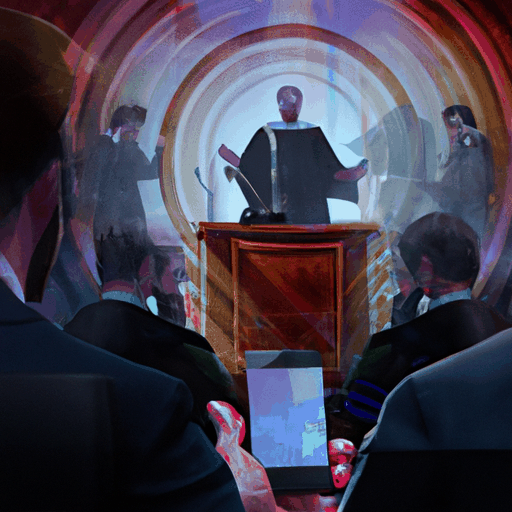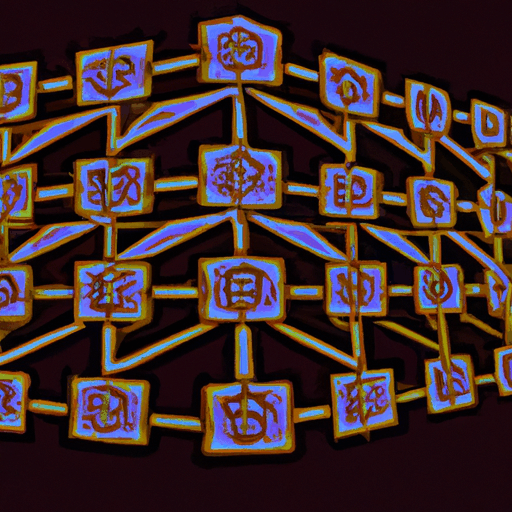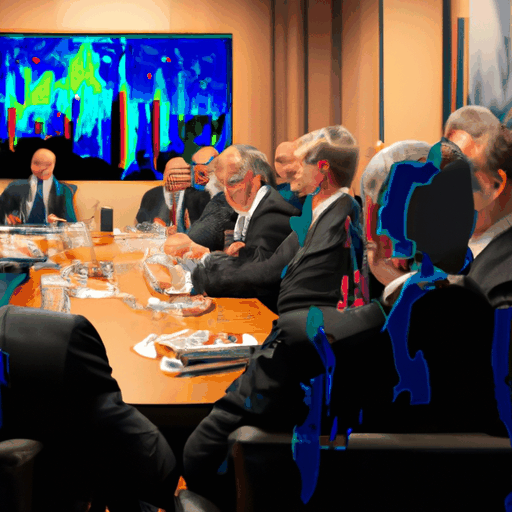
Travel Ban on Telegram CEO Lifted Amid Ongoing Investigation
By: Eva Baxter
Telegram CEO Pavel Durov has seen the lifting of travel restrictions that were placed upon him by French authorities amid an ongoing investigation into his company, Telegram. Although Durov, who faced charges following his arrest in Paris last year, is now free to travel, the investigation remains open, keeping attention focused on the messaging platform's operations and compliance with regulatory norms across various jurisdictions.
The travel ban had previously limited Durov's movements, although temporary exemptions were occasionally granted. This recent development, as reported by Bloomberg, indicates a significant turn in the proceedings, allowing Durov more freedom while his legal entanglements are still being navigated. The outcome of this investigation could have wider implications for how messaging apps like Telegram operate under the scrutiny of national and international law enforcement agencies.
As technology companies increasingly find themselves under legal and regulatory microscopes, this case highlights the complexities involved in navigating international law. The attention on Durov and Telegram might also reflect broader issues in the tech industry, such as data privacy and user security concerns, which continue to be a hot topic across the globe.
In parallel, the legal saga involving OpenAI's ChatGPT further underscores the intersection of technology and law. A recent ruling from a Munich court found that ChatGPT's use of song lyrics violated copyright laws, suggesting potential ripple effects on how AI training processes are managed under EU copyright regulations. This decision might set a precedent for other jurisdictions grappling with similar issues, influencing the development and application of AI technologies.



